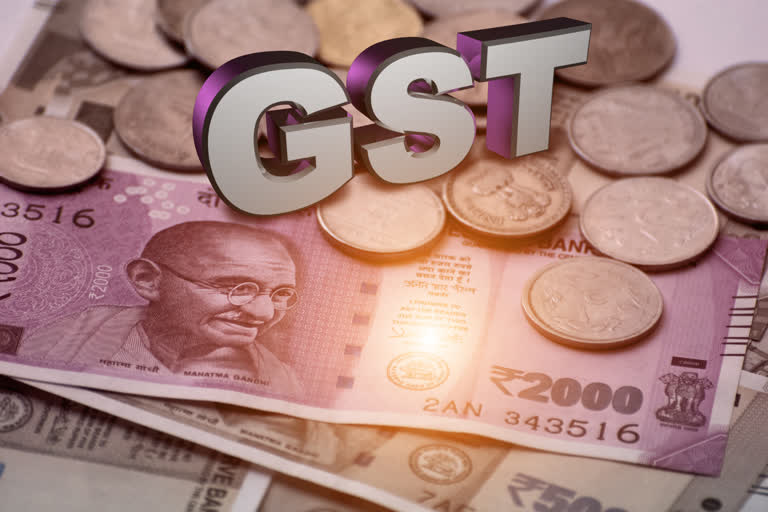New Delhi: The all-powerful GST Council will at its Goa meeting next week consider demands for reducing taxes on products ranging from cars to biscuits keeping in mind the revenue position as any cut will have a direct impact on earnings of states, a senior government official has said.
The GST Council, headed by Union Finance Minister Nirmala Sitharaman and comprising representatives of all states and Union Territories (UTs), is scheduled to meet on September 20 in Goa amidst a clamour for a cut in tax rates from various industries to beat the slowdown in the economy.
The economic growth hit a six-year low of 5 per cent for the first quarter of the current fiscal and the government has announced a slew of measures to reinvigorate the sagging growth.
There have been demands pouring in from various sectors from biscuits to automobiles and FMCG to hotels to reduce tax rates in the wake of perceived economic slowdown, the official said.
The argument propagated has been to boost the consumption and the domestic demand by reducing Goods and Services Tax (GST) rates further.
However, this argument is not breaking the ground as most of the states are of the view that slowdown in these sectors is because of cyclical and structural issues and not because of GST rates, the official said.
Read more:RBI likely to go for further policy easing in October 4 meet
"If any proposal of rate reduction for any sector comes for the consideration of the Council, the member would first have to review the revenue position and only then decide," said an official in the knowledge of the matter.
According to the sources, the states are aware that it would not be tax prudent to allow GST rate reduction at this stage as the compensation cess fund which is utilised to compensate the states as per the GST Act, in case the revenue is below the targeted growth rate, has turned negative.
The compensation cess collected during 2017-2019 (till August in the current year) amount to Rs 1,98,963 crore. Out of which Rs 1,75,572 crore has already been released by July this year to the states as compensation.
The balance fund left is only Rs 23,391 crore.
The states would acknowledge the situation of the compensation cess fund, before considering any rate rationalisation proposal, said the official.
Sources said that three more compensation installments are to be paid further during the year.
Keeping into account the monthly average of the compensation cess to be collected and the balance available, there could be some shortfall. Any rate reduction would add further shortfall.
So keeping all this under consideration, the Council members would be left with three options. They would either have to forgo their compensation or would be forced to broaden the base of goods and services on which cess could be levied or increase the cess on present items.
Neither of these steps would be prudent from the taxation point of view, the official added.



